60 hours in Jerusalem, part 1
“You must demand peace with all your heart, you must find the truth of it for yourself, not through organisations, propaganda and clever arguments for peace and against war. Peace is not the denial of war. Peace is a state of being in which all conflicts and all problems have ceased.”
– Krisnamurti
Hellllloooooo Practitioners,
We flew into Tel Aviv on October 7, landing around 5pm local time. This means that our flight was in the air less than 20 minutes when thousands of rockets were launched from Gaza. And as horrors unfolded on the ground, we flew on. Completely unaware that we were entering a war zone.
Since then we’ve repeatedly wondered WHY? Why did our plane get through when others turned around? Why did they leave us in the dark? Why were we there?
Looking back, the airport was quiet. Customs officers were subdued. And there was a heavy energy. But our first real clue that something was wrong didn’t come until we were in a car heading to Jerusalem. Our driver looked back with wild eyes repeating “things will be okay in the morning” and “no one wants this.” He insisted that we stay inside our hotel once we arrived. As he sped through empty streets, we started searching. What was happening?
The next 60 hours felt like 6 weeks.
We were in the safest place we could be, the Old City. But the Iron Dome was like ever-present fireworks in the distance. The air crackled with tension. Faces were filled with fear, frustration, fatigue. Eyes carried the heaviness of apathy, despair, grief and worry. Occasionally, there was a mouth twisted with anger or even eagerness.
Those 60 hours were spent trying to eat, sleep, and leave.
It’s difficult to get out of a war zone.
Eventually, we traveled to the far north of Israel and crossed into Jordan. (the crossing close to Jerusalem was closed because it’s part of the West Bank) Then down through Jordan to Amman where we caught a flight to Greece.
There are details, discoveries, and stories worth telling, but here is my big takeaway: humans. We need to be better at seeing humans. Not animals. Not enemies. But mothers, fathers, sisters, brothers, children. Because when we see an “us” instead of a “them”, we’re more likely to sit down and find solutions.
Humans have a terrible capacity to separate, other, alienate. You see this in war zones, but also in households. We do this to people with different skin or religion. But also different politics, economics, language and levels of learning.
Worse still, we do this to our own bodies and psyches. The body is often seen as something other to control, manipulate, wage war on. Parts of the personality are uplifted, exaggerated, highlighted. While other aspects are isolated, oppressed, hidden.
WE are not whole and complete. WE are not at peace. INSIDE. How can we expect the outside world to be?
This is why practice is powerful. And I do not say that flippantly. Ennui is something I contend with daily. My nervous system has felt shattered. My mind whispers “what's the point?”. My stomach turns at the pure privilege of being able to flee. And… there is the temptation to settle into comfort and safety and push the horror of what is happening away... far, far, away. But I was too close. It became personal. Scenes still haunt me.
But. And. Yes. And… Now. Now, is the time. Do not fall into despair. Do not allow apathy to reign. Do not indulge in the story that this conflict is a world away. It’s in the human heart. My heart. Your heart.
Under these conditions, practice becomes a balm, a boon, and a beacon.
A balm for hurting hearts.
A boon, a blessing, for nervous systems.
A beacon because it’s something we can do. Something you can commit to. Change you can create. Transformation you initiate. Today.
More teachings from 60 hours in Jerusalem soon.
Until then, practice, practice, practice.
May your practice bring you peace,
Alison

